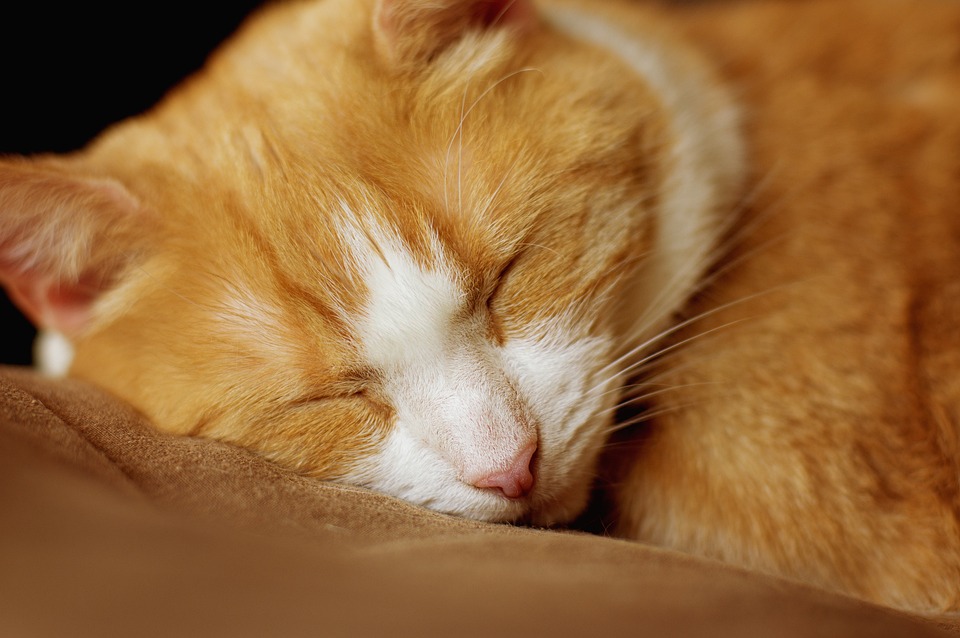Cats are known for their playful nature, and engaging in playtime with your feline friend can be a great way to bond and keep them mentally stimulated. However, some cats tend to become excessively vocal during play, which can be a bit overwhelming for their owners. In this article, we will explore the reasons behind excessive vocalization during play and provide some effective strategies to handle this behavior. So, if you’re struggling with a chatty cat during playtime, read on!
Understanding Excessive Vocalization During Play
Cats use vocalization as a means of communication, and it’s not uncommon for them to meow, chirp, or growl during play. However, when the vocalization becomes excessive, it can be a sign of frustration, overstimulation, or pent-up energy. Understanding the underlying reasons for this behavior is crucial in addressing it effectively. Here are a few possible causes:
1. Overstimulation: Some cats become highly excited during play, and excessive vocalization can be a result of their inability to contain their excitement. They may vocalize out of sheer enthusiasm or even frustration.
2. Social Interaction: Cats may vocalize during play as a way to communicate with their human or feline playmates. They might be trying to initiate or maintain social interaction by vocalizing.
3. Attention Seeking: Some cats quickly learn that excessive vocalization can grab their owner’s attention. If this behavior has been reinforced in the past, they may continue doing it during playtime.
Effective Strategies to Handle Excessive Vocalization
Now that we have a better understanding of the reasons behind excessive vocalization during play, let’s explore some strategies to address this behavior:
1. Set up a consistent play routine: Establishing a regular playtime routine can help channel your cat’s excess energy and reduce the likelihood of overstimulation. Engage your cat in interactive play sessions using toys that encourage physical activity, such as feather wands or laser pointers.
2. Provide mental stimulation: In addition to physical exercise, mental stimulation is essential for a cat’s overall well-being. Offer puzzle toys or treat-dispensing toys to keep your cat engaged and mentally stimulated during playtime. This can help redirect their focus from excessive vocalization.
3. Use positive reinforcement: Reward your cat with treats, praise, or playtime whenever they exhibit calm behavior during play. This positive reinforcement will encourage them to associate quiet play with positive outcomes.
4. Take breaks: If your cat becomes excessively vocal during play, it may be a sign that they need a break. Pause the play session and allow your cat to relax and unwind. This will help prevent overstimulation and reduce vocalization.
5. Consult with a veterinarian: If your cat’s excessive vocalization during play is accompanied by other behavioral changes or seems out of character, it’s advisable to consult with a veterinarian. They can rule out any underlying medical issues that might be contributing to this behavior.
FAQs:
Q: Is excessive vocalization during play normal for all cats?
A: Excessive vocalization during play can vary from cat to cat. While some cats may be silent players, others may be more talkative. However, if the vocalization becomes disruptive or intense, it’s worth addressing the behavior.
Q: Why does my cat only become vocal during certain types of play?
A: Certain play activities, such as hunting-style play or interactive toys that elicit predatory instincts, can trigger more vocal responses in cats. This is because these activities mimic real-life hunting experiences and can lead to heightened excitement or frustration.
Q: Can excessive vocalization during play be a sign of aggression?
A: Excessive vocalization during play is usually not a sign of aggression. However, if your cat’s vocalization is accompanied by aggressive body language, such as flattened ears, dilated pupils, or aggressive posturing, it’s important to consult with a veterinarian or a professional animal behaviorist.
Q: How long should play sessions be to avoid excessive vocalization?
A: The ideal duration of play sessions varies depending on your cat’s age, health, and energy level. Generally, short and frequent play sessions of around 10-15 minutes multiple times a day work well for most cats. Observe your cat’s behavior and adjust the duration accordingly.
Remember, excessive vocalization during play can be managed with patience, consistency, and understanding. By implementing these strategies and paying attention to your cat’s needs, you can create a more enjoyable and harmonious playtime experience for both you and your feline companion.








